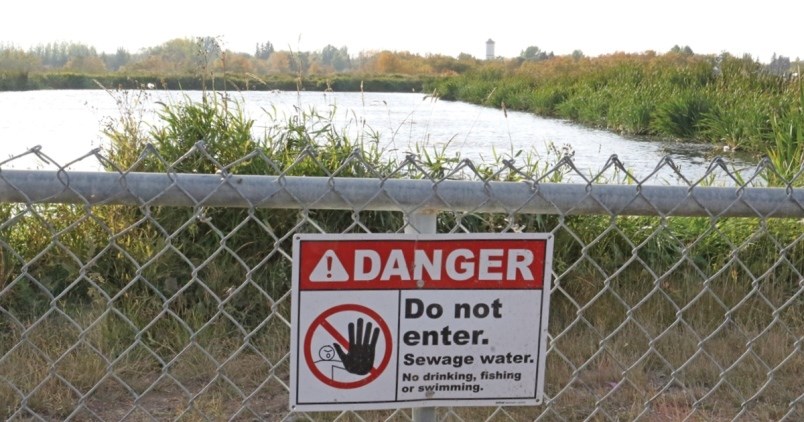HUMBOLDT — Humboldt’s capital project to upgrade the wastewater treatment system has received a total of $24,971,065 in combined government funding through the Investing in Canada Infrastructure Program.
The project seeks to upgrade the wastewater treatment system to meet effluent limits to be compliant with provincial and federal regulations, as well as expand treatment capacity.
The city currently has a traditional lagoon system which is constructed to accommodate a population of up to 6000 people, and is now near capacity. As a result, the system is being designed to increase our treatment capacity to a population of 10,000.
“This is confirmation of the highly anticipated funding,” said Michael Behiel, Humboldt’s mayor. “Former mayor Rob Muench and our local MLA, Donna Harpauer, initiated ongoing discussions a number of years ago on our need for government support to complete this project.”
In January, the federal government gave the city conditional approval to hire a consultant for the project, after the city applied for funding under the program. Catterall and Wright Consulting Engineers was chosen for the $897,000 contract.
Now approved, the federal government is paying 40 per cent of total project cost, at approximately $13,600,000. The province has already committed more than $11 million. The municipality will be responsible for the remaining $9,081,935.
In May, the project’s cost rose, as council approved $32,850 plus taxes for the evaluation of solar power generation, as well as irrigation options after Concerned Citizens for the Preservation and Restoration of Humboldt Lake (CCPRHL) approached council.
The group expressed concern that the nutrients from the treated outflow wastewater is negatively impacting the health of Humboldt Lake, where it is released.
The Water Security Agency previously stated that the treated effluent meets water quality standards for a fish bearing lake.
If effluent irrigation is chosen, treated wastewater would go into irrigating cropland and grasslands.
Construction is expected to begin in spring of 2022 with an estimated completion in 2024.




